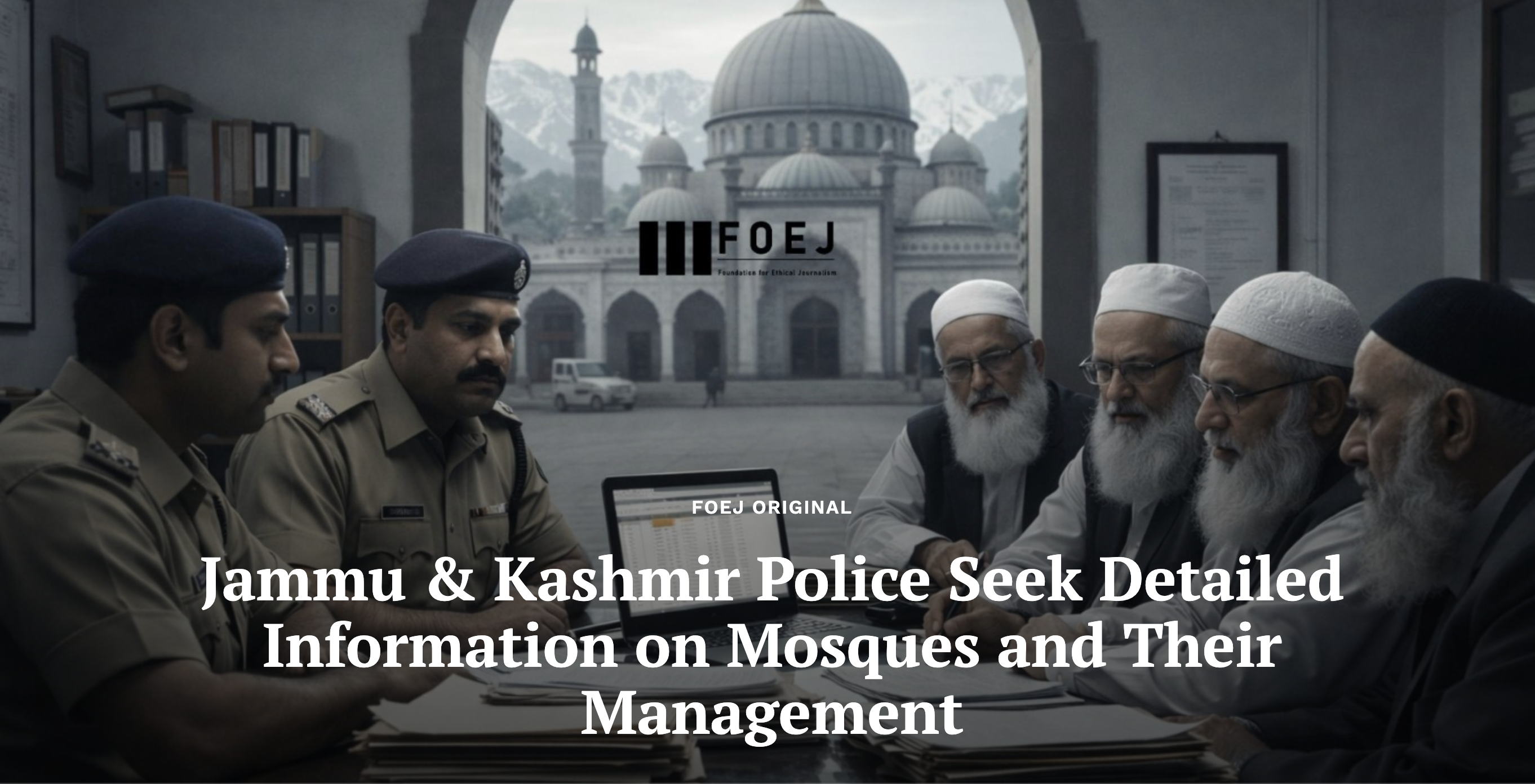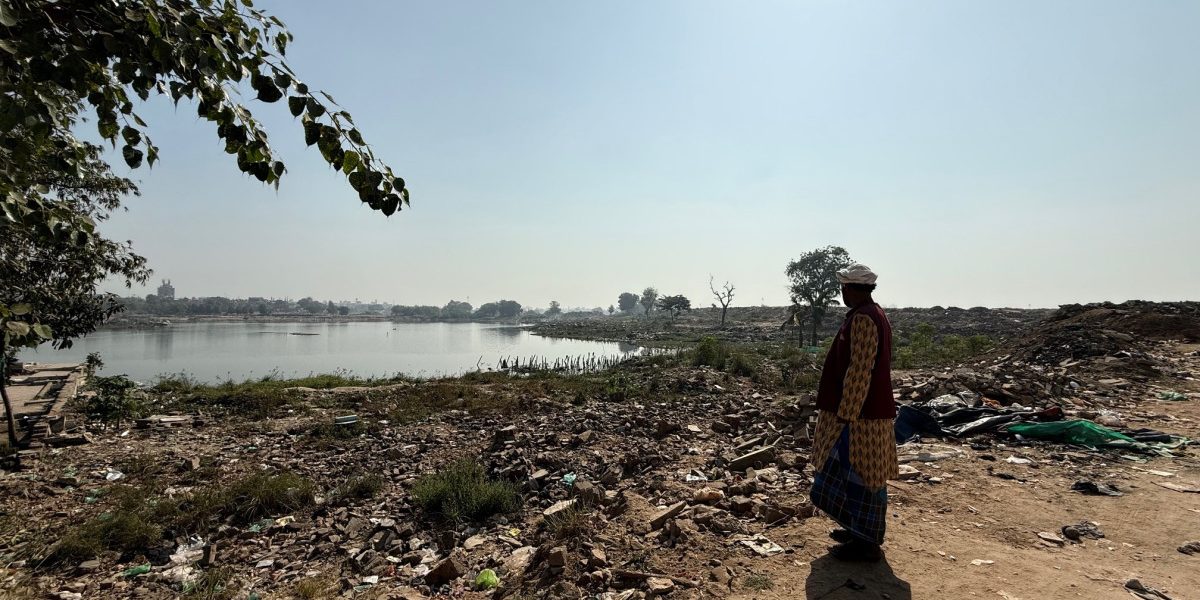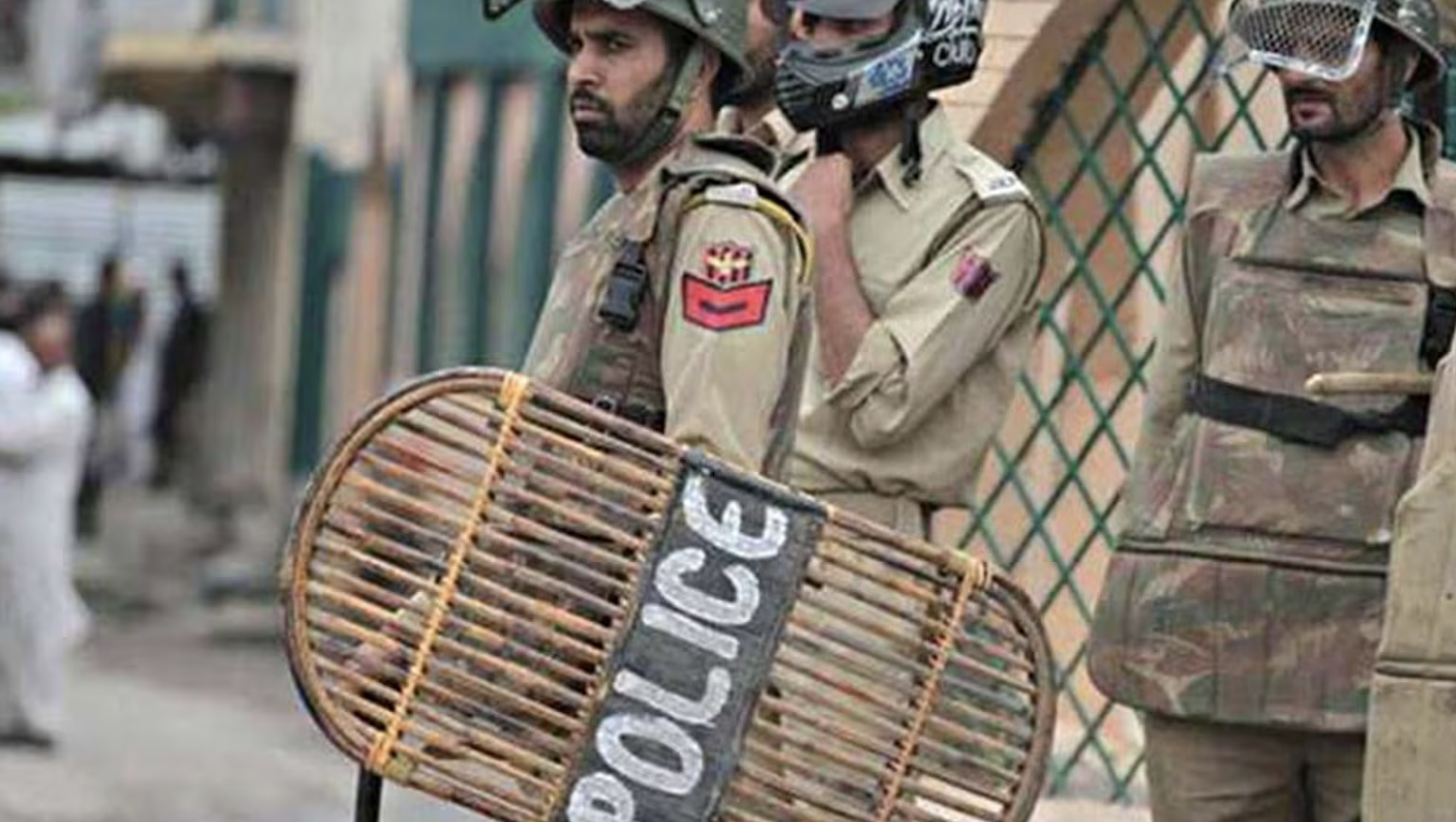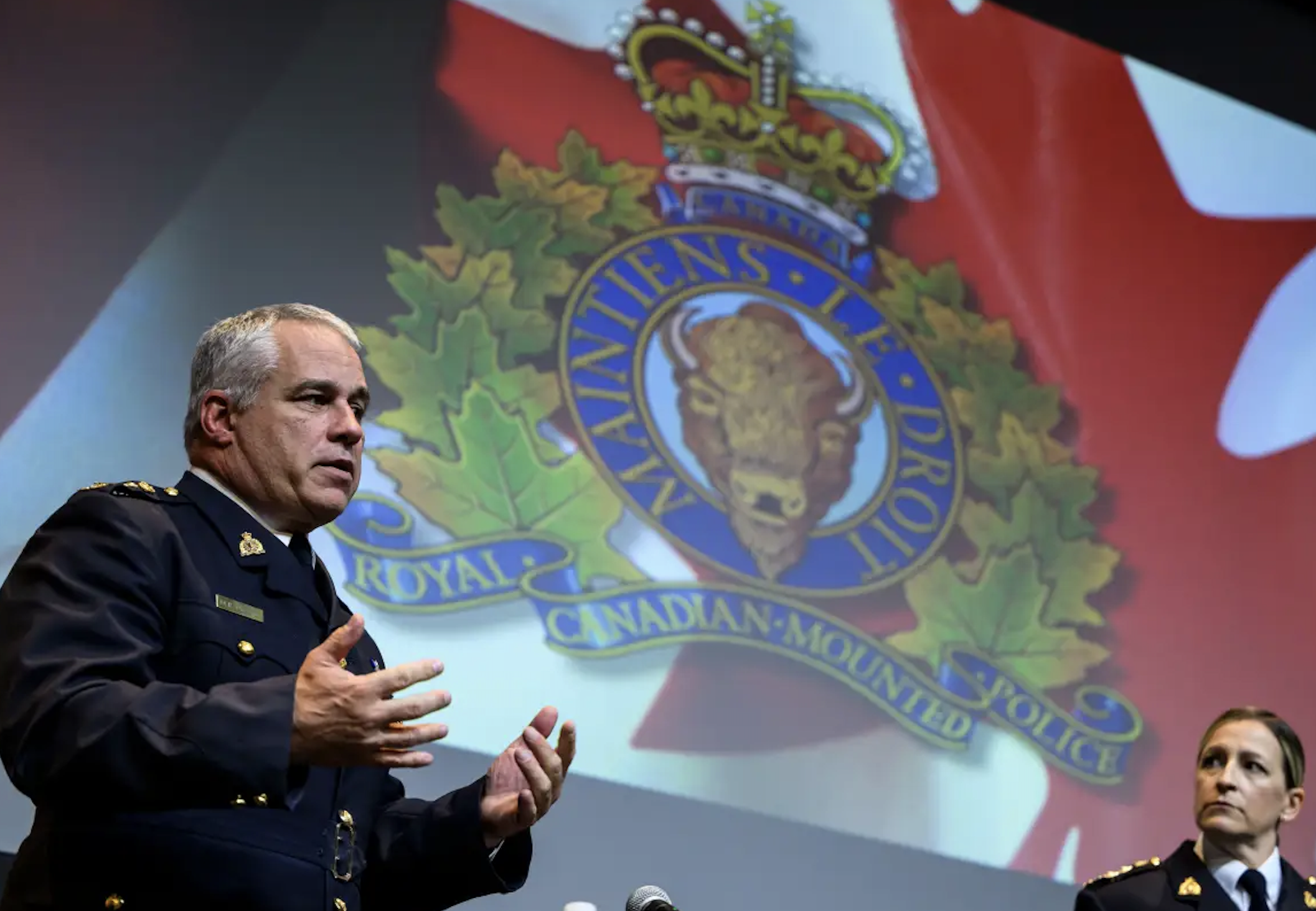
By
D.R. GOYAL is known to have written the most authentic account of the Rashtriya Swayamsewak Sangh (RSS), in 1978. He was an RSS member from 1942 to 1947. His analysis of the hate-mongering culture of the RSS since Independence has earned him great respect in academic circles. As a school student, he joined the RSS, which projected itself as one of the organisations fighting for Indias independence, but it did not take him long to realise that the organisations professions were not necessarily true. Since then, he has been a chronicler of various developments in this cultural organisation. In 1962, when he was a Delhi University lecturer, he set up a unit of the Communist Party of India at the university. He later joined Subhadra Joshi (then Member of Parliament from Jabalpur, who also holds the distinction of having defeated Atal Bihari Vajpayee) to form the Sampradayikta Virodhi Manch. The organisation is at present named the Qaumi Ekta Trust. He has also written a biography of Maulana Hussain Ahmed Madani of Dar-ul-Uloom and is now working on a book on Indian madrassas. In an interview to Frontline, the author of Rashtriya Swayamsewak Sangh elaborates on how the present crisis within the Bharatiya Janata Party (BJP) is historically linked to the RSS.
How do you understand the present crisis in the BJP? What is the role of the RSS in influencing the BJPs recent decisions such as the expulsion of Jaswant Singh, the sidelining of Yashwant Sinha, or the issuing of a show-cause notice to Arun Shourie?
First of all, I would say that the present situation in the BJP is like the Mahabharat. Kauravas and Pandavas fighting each other. Instead of Krishna coming and trying to solve [the conflict], the RSS jumps in. Though it has always been influencing it, for the first time the RSS chief has come and issued a public statement before the Chintan Baithak of the BJP. He made a statement on TV that older people should retire and the leadership should be given over to people in their 50s and 60s. This kind of thing has never happened earlier.
Another feature of Mohan Bhagwats visit to Delhi was that he did not even show the courtesy of visiting the ailing Atal Bihari Vajpayee, who was a major leader of the political formation founded by the RSS in 1951. Vajpayee was at that time attached to Shyama Prasad Mookerjee and until the other day he led the party and the BJP government for six years. So, an ordinary human courtesy required that the head of an institution that founded the BJP should visit him. Not necessarily for any consultation, but even Vajpayees advice, if he could speak, would have been useful because he knew people more. Advani, in fact, came into the political scene much later, only in the 1960s. Before that he was only an RSS pracharak. Now it seems that Mohan Bhagwat has displayed a preference for Advani over Vajpayee, which means that he has rejected all those people who were with Vajpayee.
In other words, for Bhagwat, Jaswant Singh, Arun Shourie, Yashwant Sinha and all these people are personae non gratae. He didnt talk to any of them whereas he talked to everyone who was either with Rajnath Singh or with Advani. For him, the BJP means only those who are with Rajnath or Advani. The result of this was that in the Chintan Baithak of the BJP, no one could discuss the reasons for its defeat, which was the purpose of the meeting. If it had happened, discussions on ideology would have come in. The RSS did not want that. All these days, there have been discussions only about the real role of Hindutva. Although Advani tried to undermine it, he is known to be a person who is attached to Hindutva.
In 2002, Vajpayee was in favour of dismissing [Narendra] Modi, but Advani defended him. So in the RSS view, Advani is the real RSS man, a defender of the RSS ideology, not Vajpayee. Therefore anybody who is attached to Vajpayee has to be discarded.
Now what is the way ahead? Bhagwat says that he can only advise them [BJP leaders] but cannot suggest. In other words, he doesnt want to take names although he has talked to all these people collectively as well as separately. Talking to [Arun] Jaitley, [Sushma] Swaraj, [Venkaiah] Naidu, Ananth Kumar means he was talking to people who were against Rajnath. Therefore, he talked separately to Rajnath.
Another thing to be noticed is that Bhagwat went to Murli Manohar Joshis house for lunch and didnt go to anybodys house until then. Murli Manohar Joshi had not come to meet him. He, therefore, went to his house. In other words, the RSS has a soft corner for Joshi also. That is why there is talk that there might be a place for Joshi either as the Leader of the Opposition in the Lok Sabha or as president of the BJP. What happened at the meeting, one doesnt know; because the RSS makes statements that are partial. It has never abdicated its role as the real mentor of the BJP, or even the Jana Sangh. When the Jana Sangh was founded, Shyama Prasad Mookerjee was told by [M.S.] Golwalkar to set up an organisation and the RSS would give it its cadre but only on condition that its ideology would be promoted. So this was a political party of the RSS meant to promote Hindutva, which also means Hindu nationalism. Therefore, if the BJP does anything against the minorities, the RSS has no objection to it be it the 2002 Gujarat carnage or Kandhamal and Karnataka in 2008. The RSS speaks only when there is a crisis inside the BJPs organisation.
Why do you think not talking about ideology in the Chintan Baithak of the BJP would be beneficial for the RSS?
If they didnt come out with any kind of discussions in the Chintan Baithak, it is because they didnt want to disclose that there were people who were reporting to the RSS. What does Bal Aptes report mean? That ideology was one of the reasons for the defeat. The RSS was never bothered about the future or fate of the political party. Ideology is prime. Therefore, Rajnath in his own defence repeatedly says that there can be no dilution of the ideology.
In other words, whatever Golwalkar has said about nationalism, whether it was his book We, Our Nationhood Defined or later on in Bunch of Thoughts, still holds. In We, Our Nationhood Defined he said that the minorities would have no rights except as second-class citizens unless they accepted the culture of the Hindus. In other words, unless they converted, they had no rights as citizens. And in the other book, Bunch of Thoughts, he says that there are three enemies of nationalism: Muslims, Christians and communists. If they have to adhere to that ideology, they cant have any alliance with any of these three. The sin of Vajpayee was that when confronted with a question on the dilution of Hindutva in the U.S., he said that unless the party had two-thirds majority, ideology couldnt be implemented. So he becomes an unwanted person. Advani will never say that. Atal Bihari also defends the Gujarat carnage, Karnataka and Kandhamal implicitly because he doesnt speak a word against these incidents.
Do you suggest that the present crisis is a fight between the Advani and Vajpayee camps and is doctored by the RSS?
You see, the RSS doesnt need Vajpayee. He was tolerated, not accepted.
This story was originally published in frontline.thehindu.com . Read the full story here






